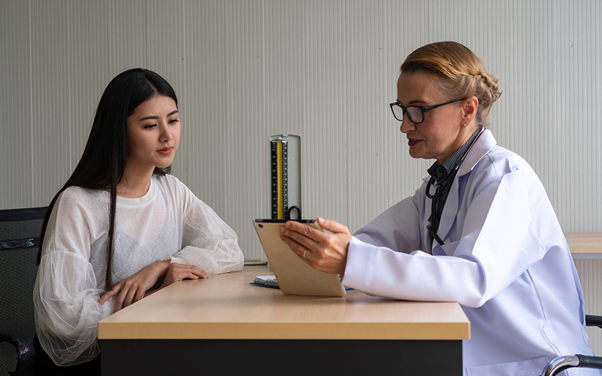Walk through Novena and you will notice something unique: it is not just a shopping and dining district but also one of Singapore’s most concentrated medical hubs. From large hospitals to boutique clinics, the area attracts people seeking everything from specialised Western treatments to complementary care. Within this mix, Traditional Chinese Medicine (TCM) has carved out a strong presence. Patients exploring TCM in Novena are not just considering wellness traditions or cultural preferences; they are weighing up costs, convenience, and how treatments fit into their daily lives.
What Drives Pricing in Novena’s TCM Clinics
Not all TCM consultations are priced the same. At one end of the spectrum, community-based clinics offer affordable entry points, appealing to those who want simple consultations or short-term remedies. At the other end, private practices, especially those run by practitioners with dual training in both TCM and Western medicine, tend to charge premium rates. Acupuncture sessions may look inexpensive at first, but for patients who require multiple visits, costs can quickly add up. Herbal prescriptions bring another layer of variation: raw herbs may be cheaper, while capsule or powder forms are often priced higher for convenience. The real question for many patients is not whether TCM is effective, but whether it can be sustained financially alongside ongoing healthcare expenses.
Why Novena Makes TCM More Accessible
Location plays a big part in patient decisions. Novena is already a destination for medical care. This instance means that someone who visits a specialist for a chronic condition may also explore nearby complementary TCM options. Add in easy MRT and bus connections, and it becomes clear why TCM in Novena is highly accessible. Convenience reduces friction, making it easier for busy professionals or elderly patients to incorporate TCM into their healthcare routine without going out of their way.
How Patients Decide
Office workers in Novena often seek quick acupuncture sessions during lunch breaks to relieve back or neck pain from long hours at the desk. Parents may seek herbal remedies or paediatric TCM advice for their children while still maintaining regular visits to Western doctors. Older patients, many managing long-term conditions like arthritis or diabetes, might rely on TCM as a supplement to prescribed medication. Each group weighs different factors: some prioritise time and convenience, others look closely at the cost of committing to multiple sessions. Ultimately, decisions reflect personal circumstances as much as medical needs.
ALSO READ: A Guide to Traditional Chinese Medicine (TCM) for Promoting Fertility
Insurance and Out-of-Pocket Realities
The financial equation also depends on whether treatment costs can be offset. Unlike conventional healthcare, TCM sits in a grey area for insurance. Most private plans do not fully cover it, though some policies may reimburse a portion of acupuncture or specialist therapies. MediSave does not extend to TCM, which means most payments are still out of pocket. However, some employers provide flexible health benefits that include alternative therapies. These minor adjustments can make a big difference to whether patients stick with TCM in the long run.
Competition and Patient Expectations
Due to the many TCM clinics in Novena, competition is strong. Some stand out by specialising—fertility acupuncture, women’s health, or sports injury recovery—while others compete on price and convenience. This instance pushes clinics to be more transparent about fees and clearer about expected treatment outcomes. The abundance of choice for patients is both empowering and overwhelming. It allows them to compare and select what suits them best, but it also requires more effort to evaluate practitioner credibility and treatment effectiveness.
Conclusion
The economics of TCM in Novena go far beyond consultation fees. Patients are making decisions at the intersection of cost, accessibility, personal health goals, and insurance realities. Novena’s role as a medical hub means traditional medicine is not seen as an alternative but as part of a wider healthcare journey. Since more people seek holistic ways to manage their health, the district shows how traditional practices adapt within a modern city—where convenience and affordability often carry as much weight as heritage and trust.
Contact 1TCM to explore TCM as part of your healthcare journey.

